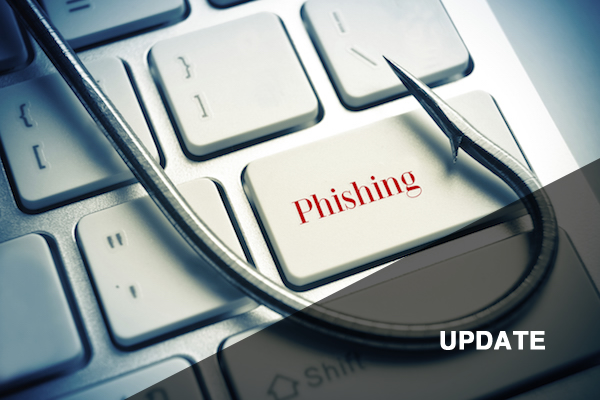
UNL faces a number of security threats each day from phishing attempts, malware infections, and thousands of outside attacks to the network. Thanks to a multi-layered approach to security, including educated users, the impact of the majority of these attacks has been minimized. Phishing however, is a continual threat to UNL. Over the past year, UNL has been the target of several spearphishing attacks. These attacks have successfully compromised user credentials for those that clicked on deceptive links created by hackers. As a result, these compromised credentials were used as the entry point for more sophisticated attacks.
As an opportunity to shape the direction of future product offerings, Microsoft offered UNL early access to evaluate a new Advanced Threat Prevention service for Office 365 email. This service includes a Safe Links feature that auto-compares weblinks within incoming emails against known malicious websites. The existing links in an email are replaced by a new "safe link" that either allows access to the intended website or, in the event of a fraudulent or malicious site, redirects the user to a warning page.
Thanks to the constructive feedback the campus has provided, we have identified a number of technical issues that we are sharing with Microsoft. We believe these issues will need to be corrected before UNL could consider a long term deployment of this feature. We also recognize the efforts of our ITS staff who have gathered feedback and devised a method to rollback the Safe Links feature, without losing access to the Advanced Threat Protection package. This rollback begins processing this afternoon. As a result, emails with links in them will no longer receive the Safe Links conversion. Safe Links conversions will remain on links in email delivered from approximately 9:00 a.m. Wednesday, April 8, until 4:00 p.m. Friday, April 10.
How can I tell if an email is phishing?
If you are suspicious of an email message, do not open it or click on any links that are in the message.
Check http://its.unl.edu/phishingUNL to view identified phishing emails
Send any suspect email (as an attachment) to security@unl.edu. The security team will investigate, report and often block malicious web destinations.